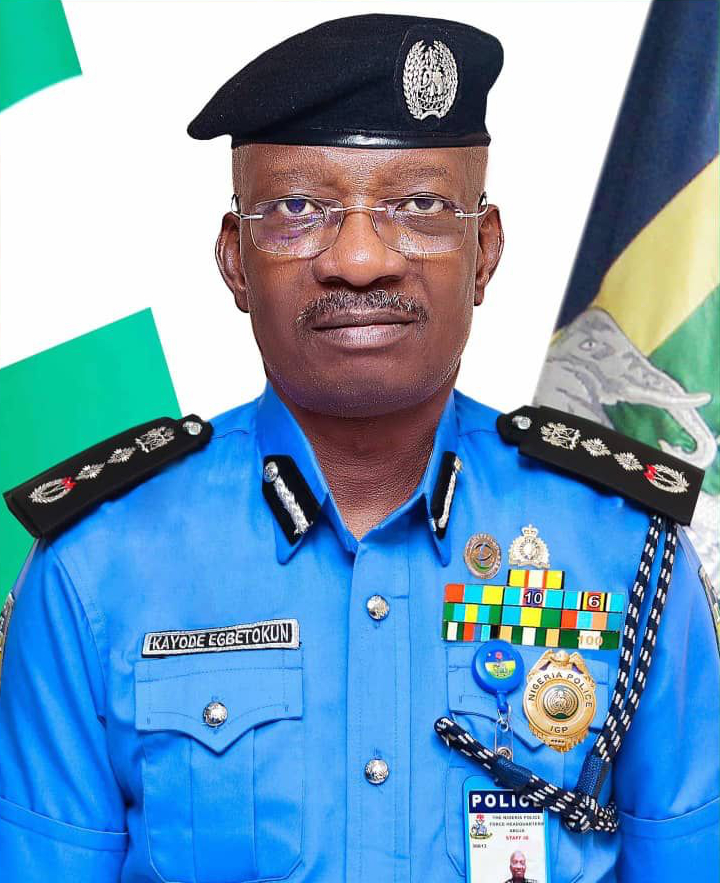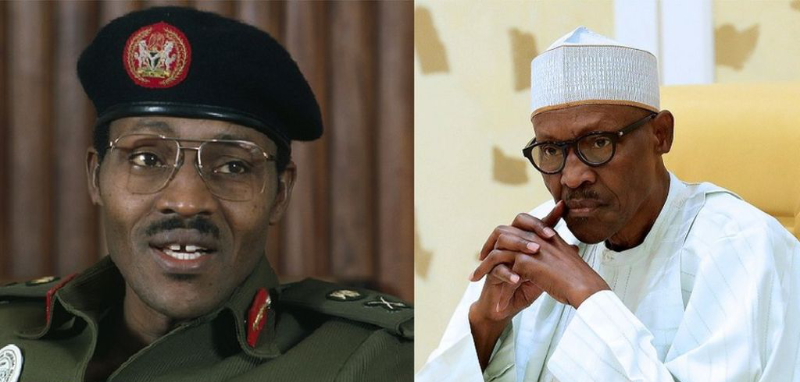Nigeria: Ethnic tensions fired up over Fulani herdsmen attacks
Published on 2016 May 4, Wednesday Back to articles
President Buhari’s silence over the increasing number of attacks by alleged pastoralist Fulani herdsmen against sedentary farmers in different parts of the country is being perceived as an unwillingness to condemn his own people. This is being reinforced by allegations that the security forces are deliberately failing to prevent attacks by Fulani herdsmen.
One of the latest attacks was on a village in the South-East’s Enugu State on 25 April when Fulani herdsmen are said to have killed as many as 40 villagers. This has raised political and ethnic tensions across the country. Tempers flared on social media when it spread news that Enugu State’s Governor Emmanuel Ugwuanyi had tried calling President Buhari before the attacks but had been kept waiting on hold for two hours without talking to the president.
The governor later denied this but he confirmed that he had a security meeting on the eve of the attack with all the top security agencies, after being given information of an impending attack.
Despite reassurances by the security agencies — including the police, the army and the State Security Service (SSS) — the attack began in the state’s Uzo Uwani Local Government Area (LGA) at 06.30 on 25 April without the security agencies intervening while the attack lasted. Some villagers even accused the security agencies of aiding the attacks.
The attack, which was one of many in recent weeks, has significantly increased tensions across the country, with fear of reprisal attacks forcing Fulani living in the South East to flee.
The attacks come a few weeks after the SSS accused the Indigenous People of Biafra (IPOB) of killing and secretly burying five Fulani men in neighbouring Abia State. Buhari has not personally condemning the Fulani herdsmen attacks since they have intensified although his spokesperson issued a statement on 28 April doing so.
This has enabled the president’s critics to paint Buhari as supporting the attacks because he is a Fulani who also rears cattle. Although many past Fulani Herdsmen attacks predate his presidency, their frequency and the number of fatalities have increased since Buhari became president, with over 1000 deaths and thousands others being displaced by the attacks.
The attacks have now become politicised, with leading southern Nigerian political figures loudly calling on Buhari to stop Fulani herdsmen from killing or maiming people in the South.
Meanwhile prominent political leaders from the North are condemning what they say is an attempt to criminalise all Fulani herdsmen instead of the small number of criminal elements among them who are engaging in the attacks.
South East senators warned President Buhari on 29 April that, unless something is urgently done to curtail the attacks, it could divide the country and they called for a meeting of all South East and South South governors to discuss the issue. Wole Soyinka — the country’s only Nobel literature laureate and a strong supporter of the Buhari government — has also condemned what he said is Buhari’s perceived tolerance and appeasement adopted towards the attacks by Fulani herdsmen.
Political leaders from the North see it differently. The Northern Governor’s Forum (NGF) left the 29 April meeting condemning what they see is the increasing attempt to criminalise all Fulanis over the attacks.
A similar position was taken by Jama’atu Nasril Islam (JNI) which is led by the Sultan of Sokoto, Sa’ad Abubakar. It issued a statement in 1 May describing it as ‘absurd and unfortunate’ that the attacks are being blamed on an ethnic group.
The recent attacks are doing what the Boko Haram insurgency and Niger Delta militancy have been unable to do: dividing Nigerians sharply along ethnic and religious lines.
The fear is that, if the attacks are not curtailed soon, it could spark reprisal attacks — especially in the highly volatile South East and South South — and that counter attacks could plunge the country into a destabilising ethnic conflict.
Related articles:



